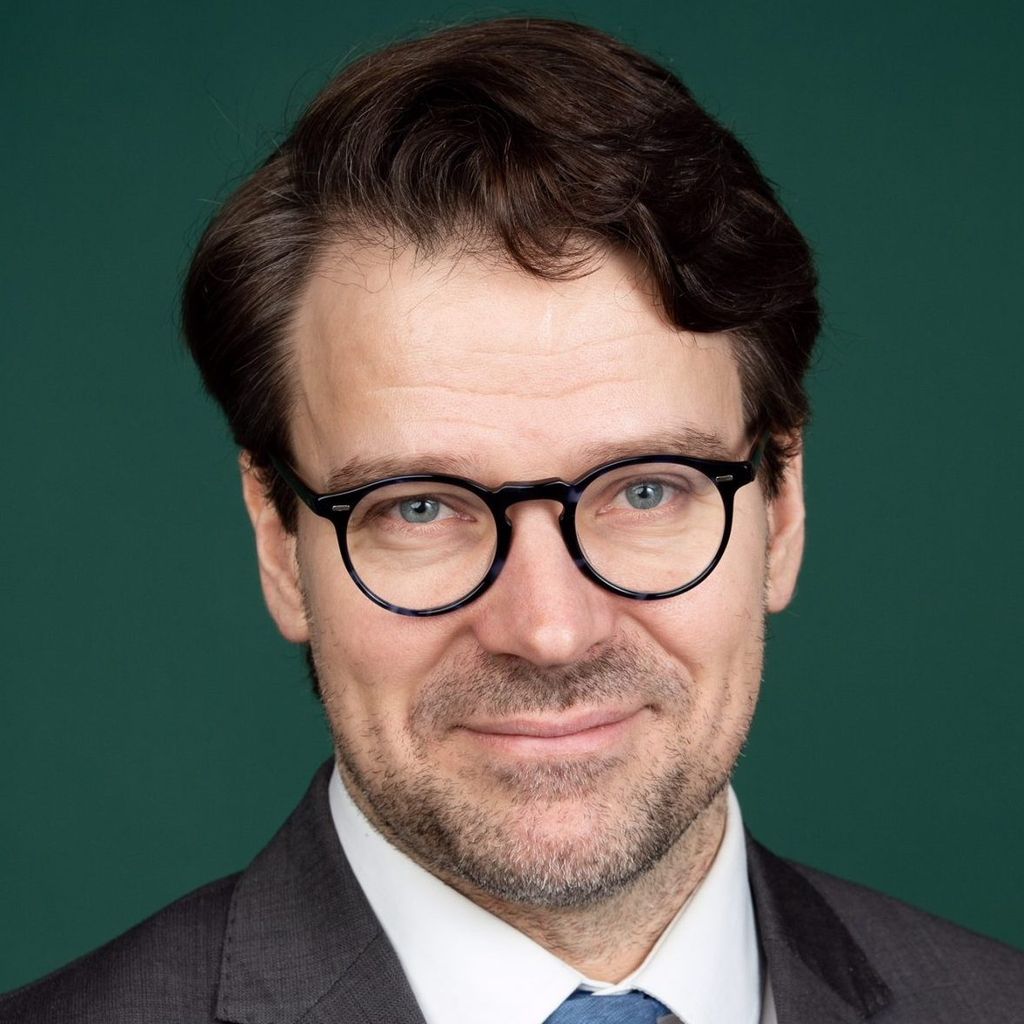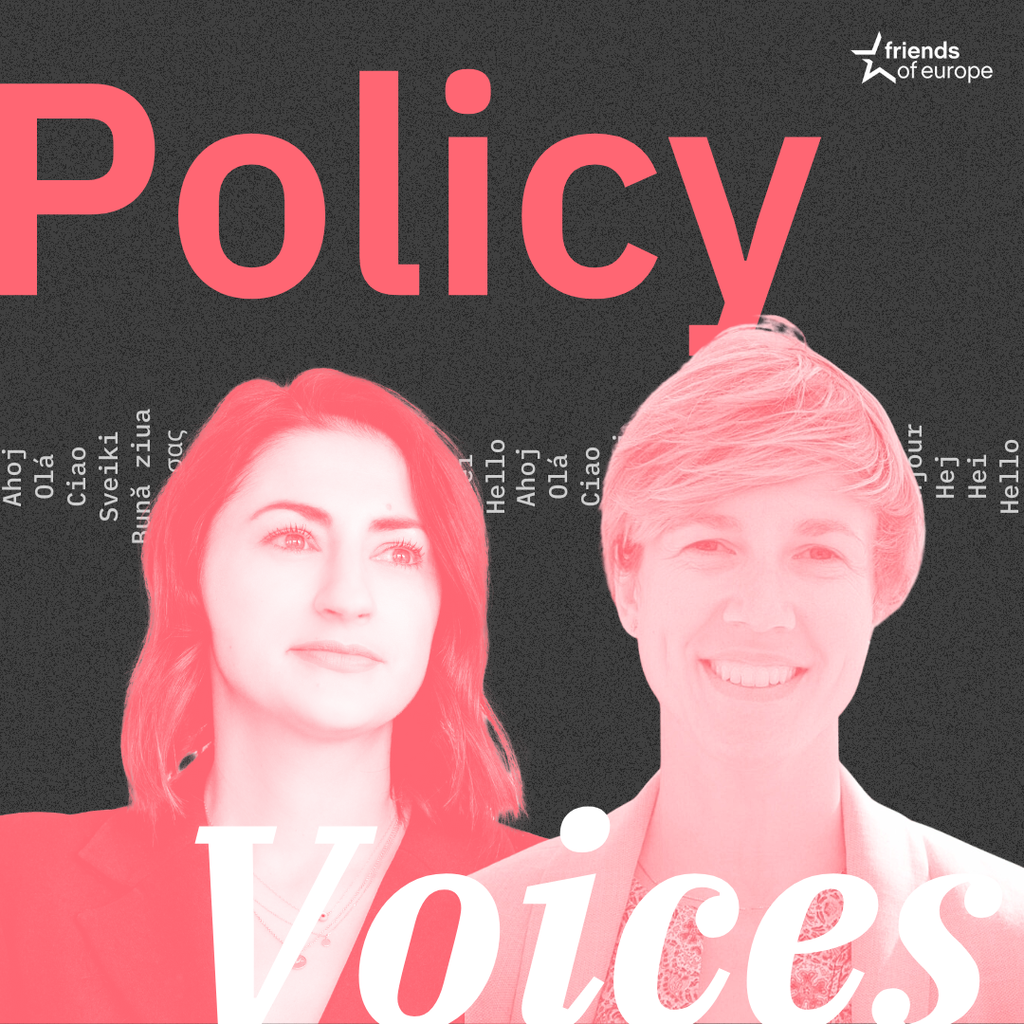A bold vision for a climate-neutral and competitive Europe
Next event In person & livestreamed

- Area of Expertise
- Climate, Energy & Natural Resources
Climate, Energy & Natural Resources

Member of the European Parliament Environment, Public Health and Food Safety (ENVI) Committee
While there are still many uncertainties surrounding the origins of COVID-19, it is well established that continued damage to the environment will only increase the likelihood of future pandemics. This crisis has made it clear that our exploitation of natural resources is not sustainable. With the interconnections between our ways of producing food, health and medicines now more visible than ever, we must rethink our global consumption habits.
As a first step, we should acknowledge the role that biodiversity loss plays in pandemics. We already know that interference with wildlife increases the risk of infectious zoonotic diseases – that is to say, diseases that transmit from animals to humans. Deforestation, loss of habitats and illegal wildlife trade are inevitably detrimental to our health.
Beyond the clear health and security risks to humans, nature has its own value as such. The way in which humankind is destroying biodiversity is not always reversible. Unfortunately, we don’t have the luxury of sci-fi tech that allows us to bring species back from extinction. Even in areas where we can fix our mistakes, it is often way more demanding to restore a damaged environment than to protect unspoiled ones.
Despite voices beckoning for a return to status quo, COVID-19 has made it clear that this will not be possible
Thus, environmental policy must remain at the top of the European Union’s agenda. Although COP-26 and the Kunming Biodiversity summits were – for very valid health reasons – delayed, this should not serve as an excuse to neglect climate action. Sustainability must remain a key priority. The post-pandemic period will put these commitments to the test – recovery and reconstruction must be carried out in accordance with the Green Deal.
Despite voices beckoning for a return to status quo, COVID-19 has made it clear that this will not be possible. The crisis has exposed gaping structural problems in our economies and societies that must be tackled. A sustainable, ambitious comeback is possible. The Parliament’s proposal for a €2tn recovery fund is certainly a step in the right direction.
The newly released EU Biodiversity Strategy is also a welcome development, setting unprecedented ambitious targets for nature conservation. It outlines the need to protect at least 30% of our terrestrial and marine areas by 2030, and calls for a transformation towards sustainable agricultural systems. The EU can demonstrate its leadership by adopting measurable legally binding targets and triggering systemic changes to policies in every sector. It must not give in to lobbyists who seek to exploit the pandemic to lower ambitions.
Many of our citizens have already felt the improved air quality in our cities
Citizens also have a crucial role to play. We have already seen their incredible resilience when faced with a situation that was unthinkable just months ago. They have agreed to stringent lockdowns and have complied with social distancing measures. These sacrifices have, unintentionally, netted certain benefits.
Many of our citizens have already felt the improved air quality in our cities, thanks to the decrease in traffic. It is possible to continue on this path after the restrictive measures have been lifted, by expediting large-scale transformations – like restricting private cars in cities and promoting the use of other vehicles such as bicycles or electric scooters.
Many citizens are also becoming more aware of the deaths caused by air pollution in Europe, due to respiratory and pulmonary diseases. They might now push politicians for a change in our cities, no longer willing to breathe polluted air.
Half a year on since the European Commission’s Communication on the EU Green Deal, there is plenty to remain hopeful about. This crisis is a wakeup call and it has shown that, when citizen demand exists, rapid and forceful action is possible. As we move towards exit strategies, we face a big question: what kind of world do we want to return to? Do we return to ‘business as usual’ or are we ready to leap towards a more sustainable way of living? My answer is clear: let’s seize this opportunity to create a more socially, economically and environmentally resilient society.
Next event In person & livestreamed

Past event In person & livestreamed

Past event In person & livestreamed

Past event In person & Livestreamed





Stay informed
We use cookies and similar technologies to adjust your preferences, analyze traffic and measure the effectiveness of our campaigns. Learn more about our privacy policy.